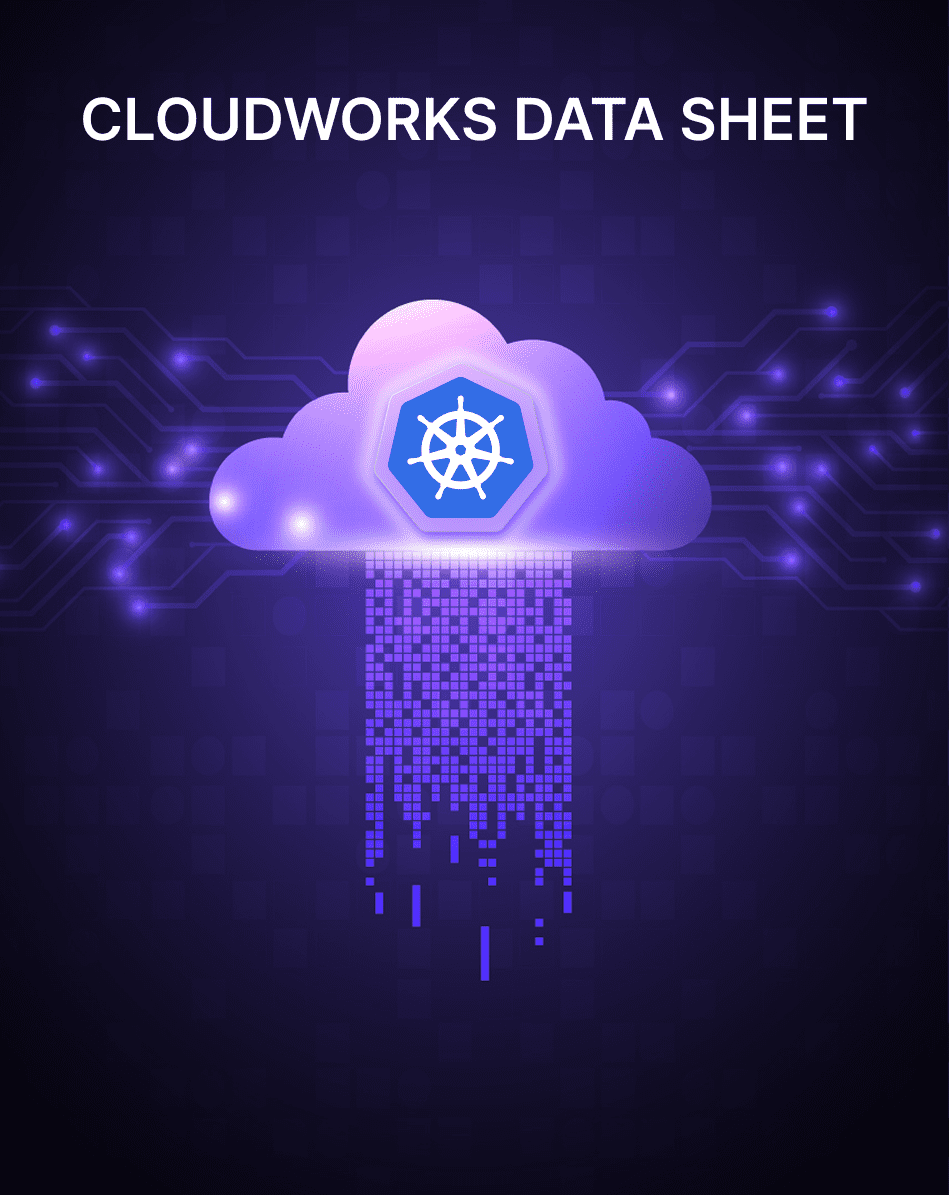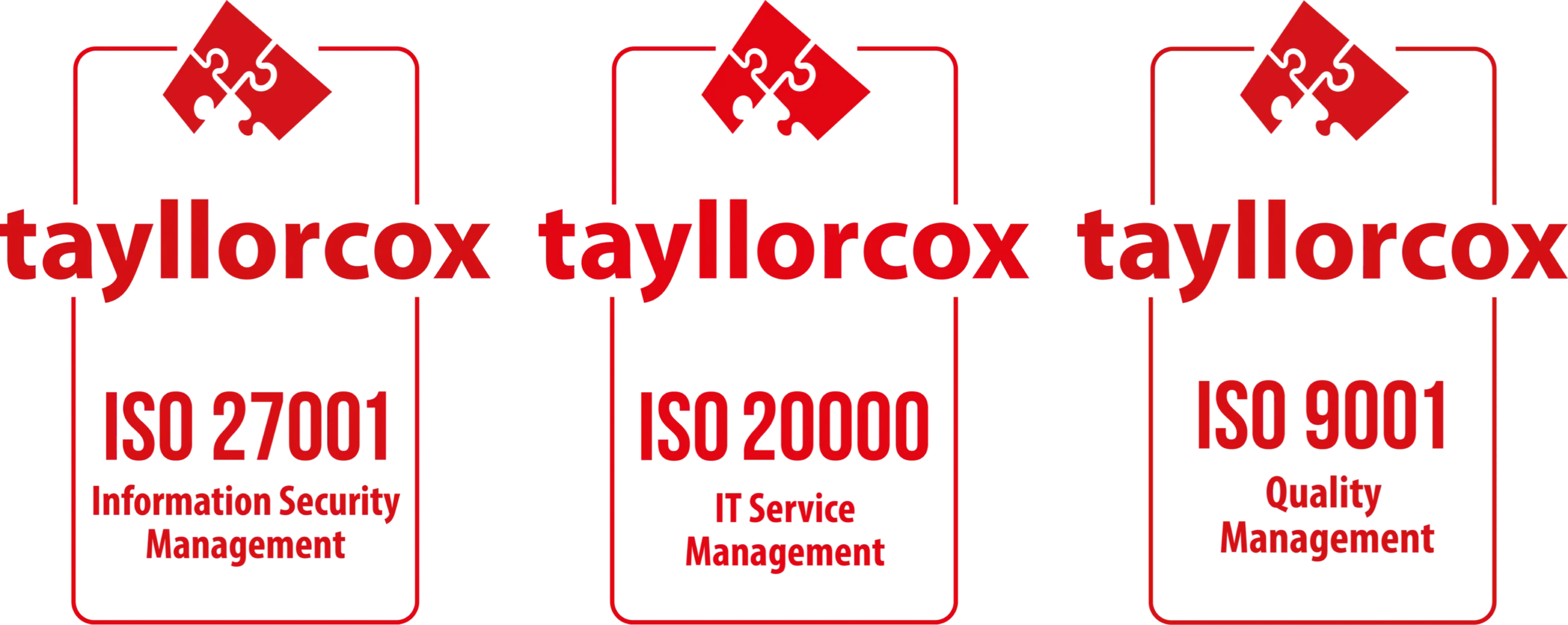Nexus Functionality
High Availability and Resilient Deployment Options We recognize that Sonatype Nexus Repository is often mission-critical for your business. Be ready for the unexpected by using a high availability (HA) or resilient deployment option that can protect your business and your data in the event of disaster or outages. With comprehensive backup and restoration tasks and a growing list of […]
Metrics
Design This document describes the design and interaction between the custom resource definitions that the Prometheus Operator manages. The custom resources managed by the Prometheus Operator are: Prometheus The Prometheus custom resource definition (CRD) declaratively defines a desired Prometheus setup to run in a Kubernetes cluster. It provides options to configure the number of replicas, persistent storage, and Alertmanagers to which […]
Ingress in Kubernetes
An API object that manages external access to the services in a cluster, typically HTTP. Ingress may provide load balancing, SSL termination and name-based virtual hosting. Note: Ingress is frozen. New features are being added to the Gateway API. Terminology For clarity, this guide defines the following terms: What is Ingress? Ingress exposes HTTP and HTTPS routes from […]
Services, Load Balancing, and Networking in Kubernetes
The Kubernetes network model Every Pod in a cluster gets its own unique cluster-wide IP address. This means you do not need to explicitly create links between Pods and you almost never need to deal with mapping container ports to host ports.This creates a clean, backwards-compatible model where Pods can be treated much like VMs or physical hosts from the perspectives […]
Devstack with Octavia Load Balancing
This guide will show you how to create a devstack with Octavia API enabled. Phase 1: Create DevStack + 2 nova instances First, set up a vm of your choice with at least 8 GB RAM and 16 GB disk space, make sure it is updated. Install git and any other developer tools you find useful. Install […]
Prometheus for Taikun CloudWorks
The Alertmanager handles alerts sent by client applications such as the Prometheus server. It takes care of deduplicating, grouping, and routing them to the correct receiver integration such as email, PagerDuty, or OpsGenie. It also takes care of silencing and inhibition of alerts. The following describes the core concepts the Alertmanager implements. Consult the configuration documentation to learn how […]
Kubernetes Persistent Volumes
This document describes persistent volumes in Kubernetes. Familiarity with volumes, StorageClasses and VolumeAttributesClasses is suggested. Introduction Managing storage is a distinct problem from managing compute instances. The PersistentVolume subsystem provides an API for users and administrators that abstracts details of how storage is provided from how it is consumed. To do this, we introduce two new API resources: PersistentVolume and PersistentVolumeClaim. A PersistentVolume (PV) […]
Kubernetes Volume Snapshots
Volume Snapshots In Kubernetes, a VolumeSnapshot represents a snapshot of a volume on a storage system. This document assumes that you are already familiar with Kubernetes persistent volumes. Introduction Similar to how API resources PersistentVolume and PersistentVolumeClaim are used to provision volumes for users and administrators, VolumeSnapshotContent and VolumeSnapshot API resources are provided to create volume snapshots for users and administrators. A VolumeSnapshotContent is a snapshot taken from […]
Network Policies
Network Policies If you want to control traffic flow at the IP address or port level for TCP, UDP, and SCTP protocols, then you might consider using Kubernetes NetworkPolicies for particular applications in your cluster. NetworkPolicies are an application-centric construct which allow you to specify how a pod is allowed to communicate with various network “entities” (we […]
Network Plugins
Kubernetes 1.29 supports Container Network Interface (CNI) plugins for cluster networking. You must use a CNI plugin that is compatible with your cluster and that suits your needs. Different plugins are available (both open- and closed- source) in the wider Kubernetes ecosystem. A CNI plugin is required to implement the Kubernetes network model. You must use a CNI […]




